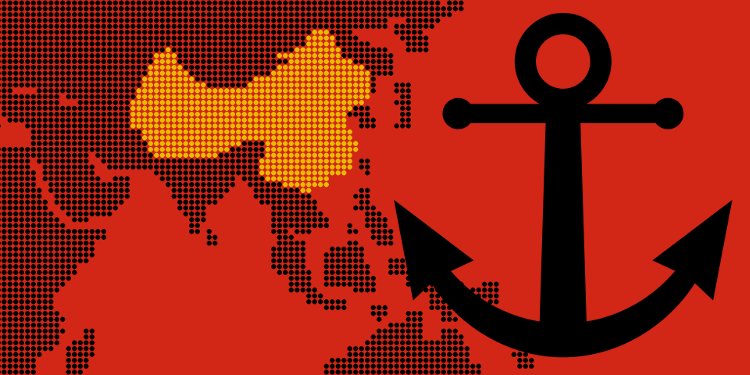The flashpoint of Taiwan has become a pregnant possibility. Reportedly, a US military jet flew across Taiwan, and no one is fully certain over who claimed what and why. Taiwan’s government said something after the US government said something about the mission. Then the US government said that they weren’t saying what the mission was. So, the Taiwan government said that they weren’t saying what the US government wasn’t saying about what the US government said about why what happened happened. And, we’re not even sure what happened because the identifier tags could have been spoofed.
In the end, China fell for the bait as if on cue. The Chinese State-run Global Times then published a story sometimes written in the first-person stating that the US isn’t allowed to fly military operations over Taiwan and that China would send its military planes over Taiwan if the US did. The story went on to speculate that Taiwan didn’t have the unction—more or less—to fire the first shot at a Chinese plane in Taiwan sovereign airspace. That proves what China is really thinking about: pushing and pushing, trying to call Taiwan’s bluff, wondering who will fire the first shot—because China is hoping someone will fire the first shot.
After all the information China gave away about its intentions—after what seemed like a fluke between Washington and Taipei—don’t think for a second that said fluke was not a well-calculated fluke. The bigger takeaway is that China keeps falling for the bait while Washington learns to anticipate China enough to lead the Chinese Communist military right into its own defeat—and China shows the learning curve of a cat chasing a laser dot.

